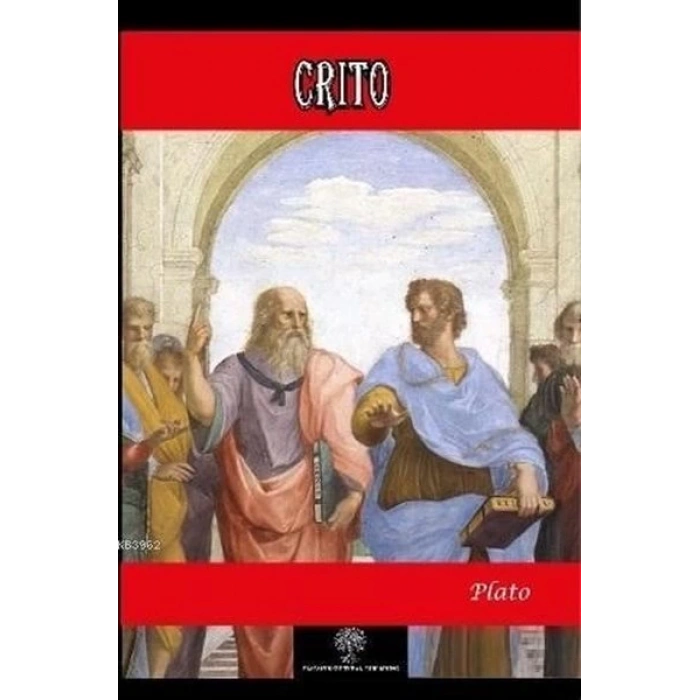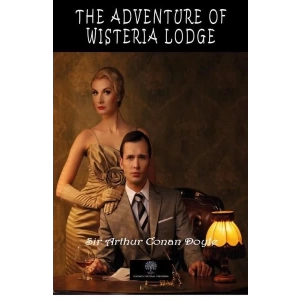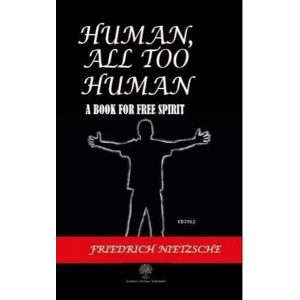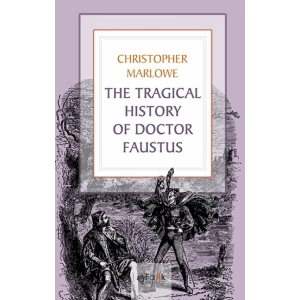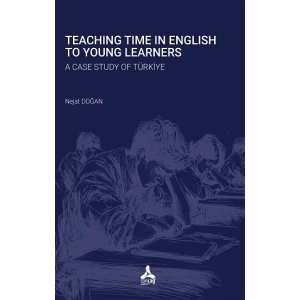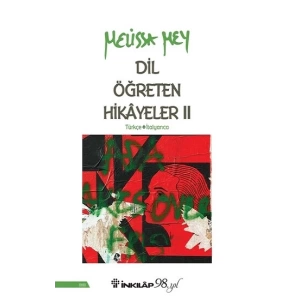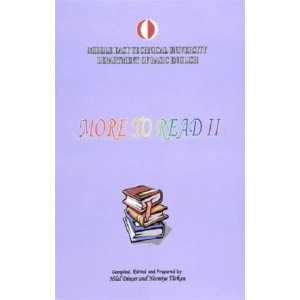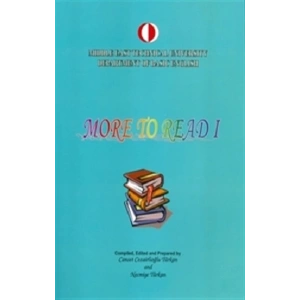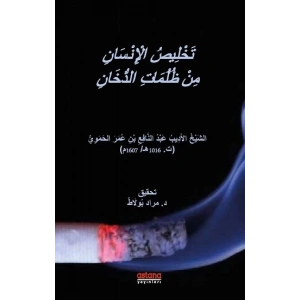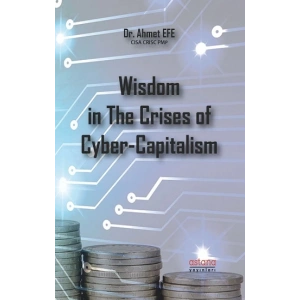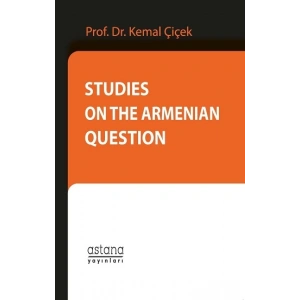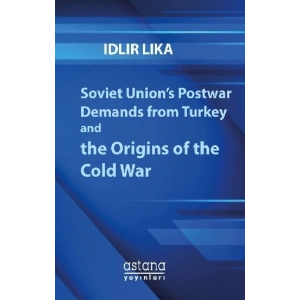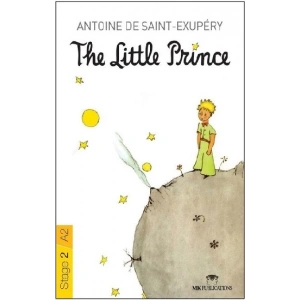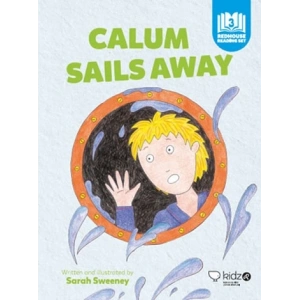Socrates is afraid that Crito is but pressing upon him the opinions of the many; whereas, all his life long he has followed the dictates of reason only and the opinion of the one wise or skilled man. There was a time when Crito himself had allowed the propriety of this. And although someone will say lsquo;the many can kill us, that makes no difference; but a good life, in other words, a just and honourable life, is alone to be valued. All considerations of loss of reputation or injury to his children should be dismissed: the only question is whether he would be right in attempting to escape. Crito, who is a disinterested person not having the fear of death before his eyes, shall answer this for him. Before he was condemned they had often held discussions, in which they agreed that no man should either do evil, or return evil for evil, or betray the right. Are these principles to be altered because the circumstances of Socrates are altered? Crito admits that they remain the same. Then is his escape consistent with the maintenance of them? To this Crito is unable or unwilling to reply.


